|
Guest blog post provided by Thuy-Linh Phan of Honeybunnytwee.com In this modern era, the traditional methods of learning are undergoing significant changes. Artificial Intelligence (AI), a rapidly evolving technological advancement, is becoming an instrumental tool in reshaping the educational landscape. In this in-depth article, we aim to get a better understanding of the diverse ways AI is currently being utilized in the field of education and the potential it holds to completely transform the learning experience in the not-so-distant future. AI as an Aid to Educators Artificial Intelligence has the potential to assist educators in a multitude of ways, serving as a highly effective tool in their teaching arsenal. Here are some of the areas where AI can be of significant assistance: ● Grading tests and assignments: AI can automate the grading process, saving educators valuable time. ● Creating and delivering lessons: AI can aid in lesson planning and delivery, making the process more efficient. ● Providing feedback to students: AI can provide real-time feedback, helping students improve continuously. ● Identifying students who are struggling: AI algorithms can identify students who are having difficulty, allowing for timely intervention. ● Creating personalized learning plans: AI can create individualized learning paths based on each student's unique needs. By handling these tasks, AI can free up educators' time, allowing them to focus on more crucial aspects of teaching, such as providing one-on-one attention to students and fostering a nurturing learning environment. Personalized Learning through AI Artificial Intelligence has the capacity to enable students to learn at their own pace in a manner that is customized to their unique learning needs. This can be achieved through the use of adaptive learning systems, which offer varying degrees of assistance and challenge based on a student’s performance. Moreover, AI can be utilized to monitor a student's progress and identify areas where they require additional support. This data can be leveraged to create personalized learning plans tailored to each student's specific requirements, thereby enhancing their learning experience. AI as a Tool for Increasing Accessibility Artificial Intelligence can play a key role in making education more accessible for students with disabilities. For instance, AI-powered tools can assist students with reading disabilities by providing text-to-speech capabilities, thereby making learning materials more accessible. Furthermore, AI can be employed to create virtual learning environments that are accessible to students with mobility disabilities, ensuring that everyone can have an equal opportunity to learn. AI in Fostering Creativity Artificial Intelligence can be utilized to stimulate students' creativity in a range of ways. For instance, AI-powered tools can help students generate new ideas, create art, and compose music. With just a written prompt, AI can conjure up images in no time, serving as a source of inspiration for students. Moreover, AI can be used to provide constructive feedback on students' creative work, providing them with valuable insights that can help them refine their creative abilities. Data Privacy Concerns in AI-Education One of the most significant concerns surrounding the use of AI in education is the issue of data privacy. As AI systems amass a wealth of data about students, it becomes imperative to ensure that this information is handled responsibly and securely. Several measures can be taken to safeguard student data, such as employing data encryption techniques and anonymizing data wherever possible. The importance of cybersecurity and safe internet practices cannot be overstated in this digital age. Embracing the AI Revolution: The Future of Education Artificial Intelligence is making substantial strides in the realm of education, and this influence is set to intensify in the coming years. As the field of AI continues to mature, we can anticipate the emergence of even more innovative and effective methods of utilizing AI in the classroom. By welcoming the AI revolution, we have the opportunity to cultivate a learning experience that is more personalized, accessible, and inspiring for students everywhere. I’m Thuy-Linh Phan (pronounced Twee-Lin Fawn) a Vietnamese American millennial beauty and lifestyle blogger on HONEYBUNNYTWEE.COM from Connecticut, currently living in Fall River, Massachusetts with my boyfriend and our two rescue cats, Smokey and Bandit. I started my blog in November 2018 and I write about Wellness, Beauty, Creativity and Spreading Kindness like Glitter. Follow me on my socials at @honeybunnytwee. What do you think are the major pros and cons as far as artificial intelligence? Have you used or considered using AI as a resource to support your teaching endeavors? How do you think AI will impact teaching and learning in the near future? Please leave your comments below. Your insights are always appreciated.
0 Comments
Leave a Reply. |
Good Morning, Ms. Williams!Creating, Blogging & Sharing Educational Resources Categories
All
|
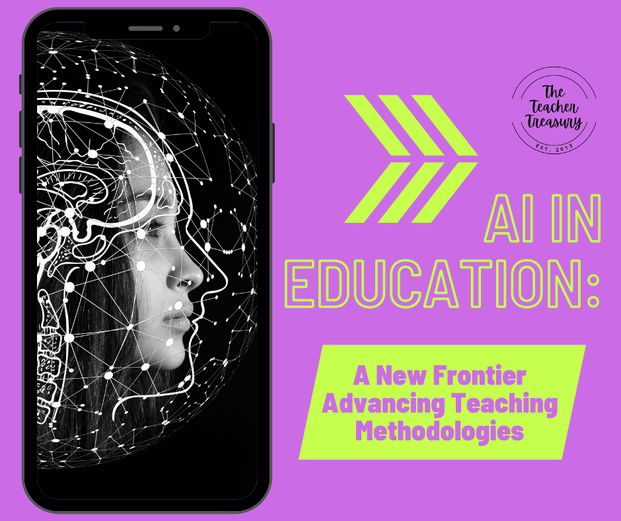




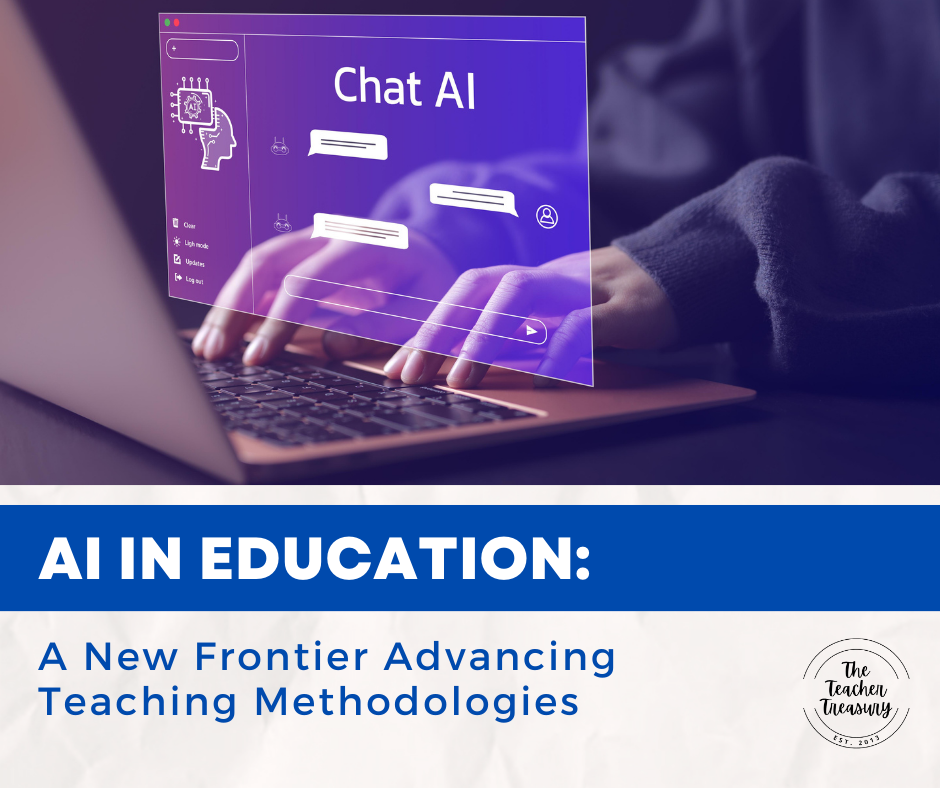
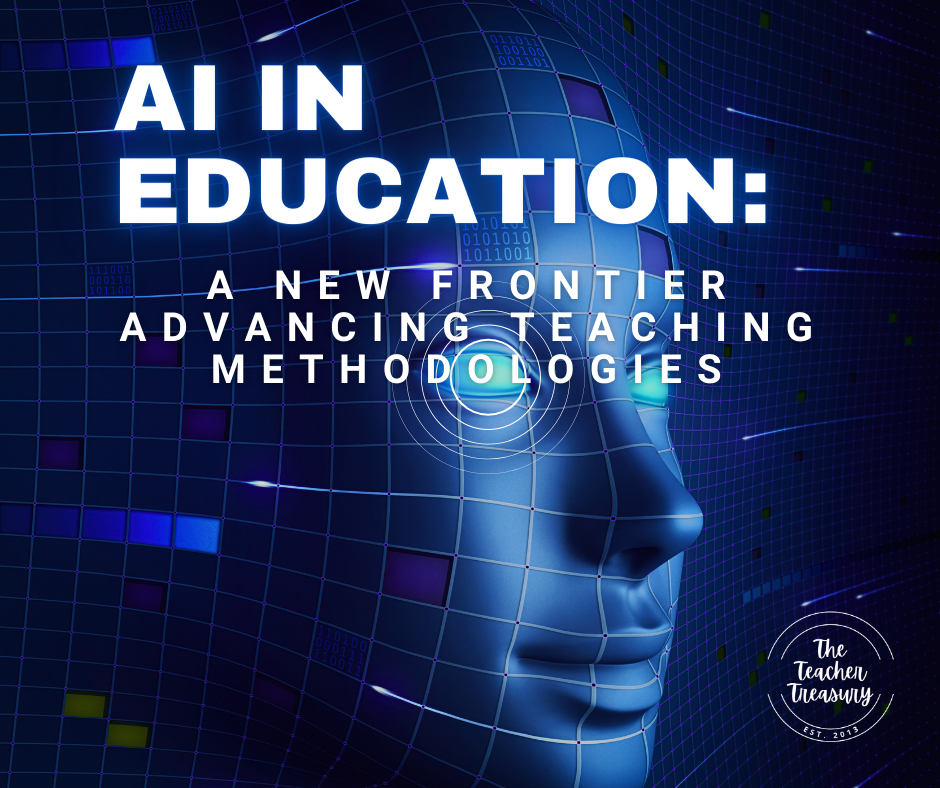
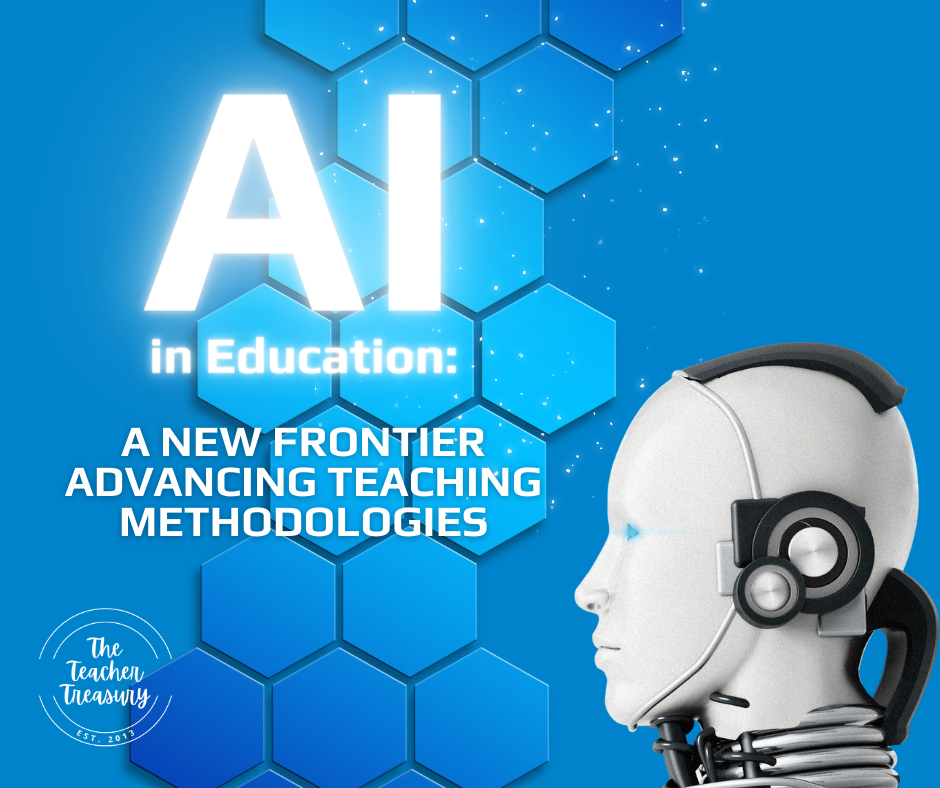
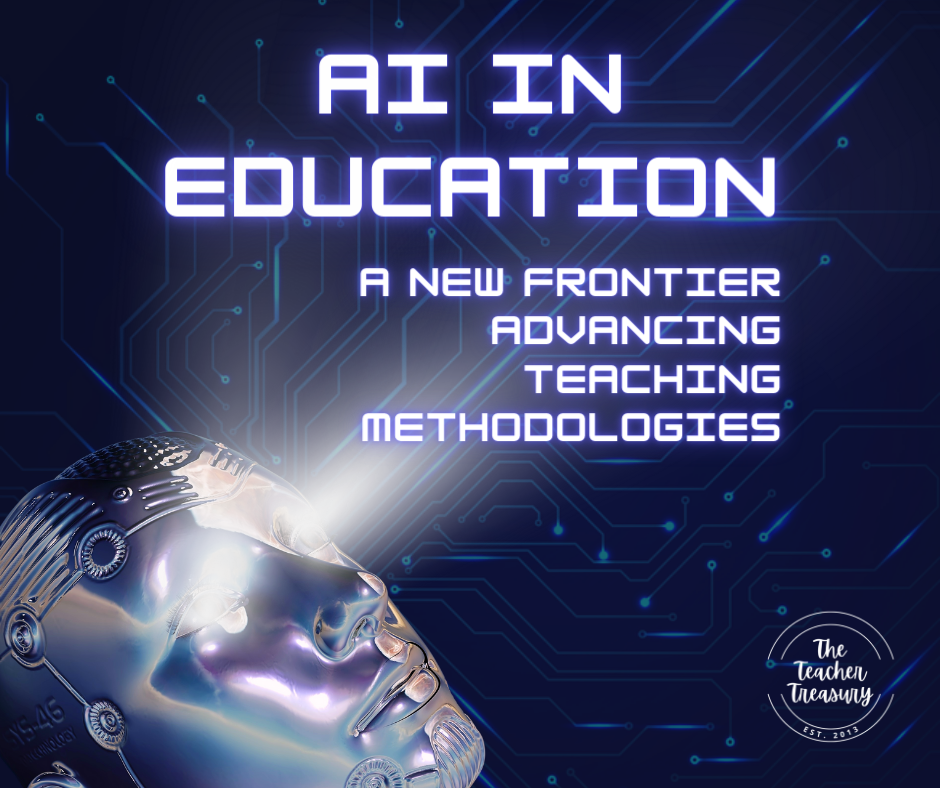
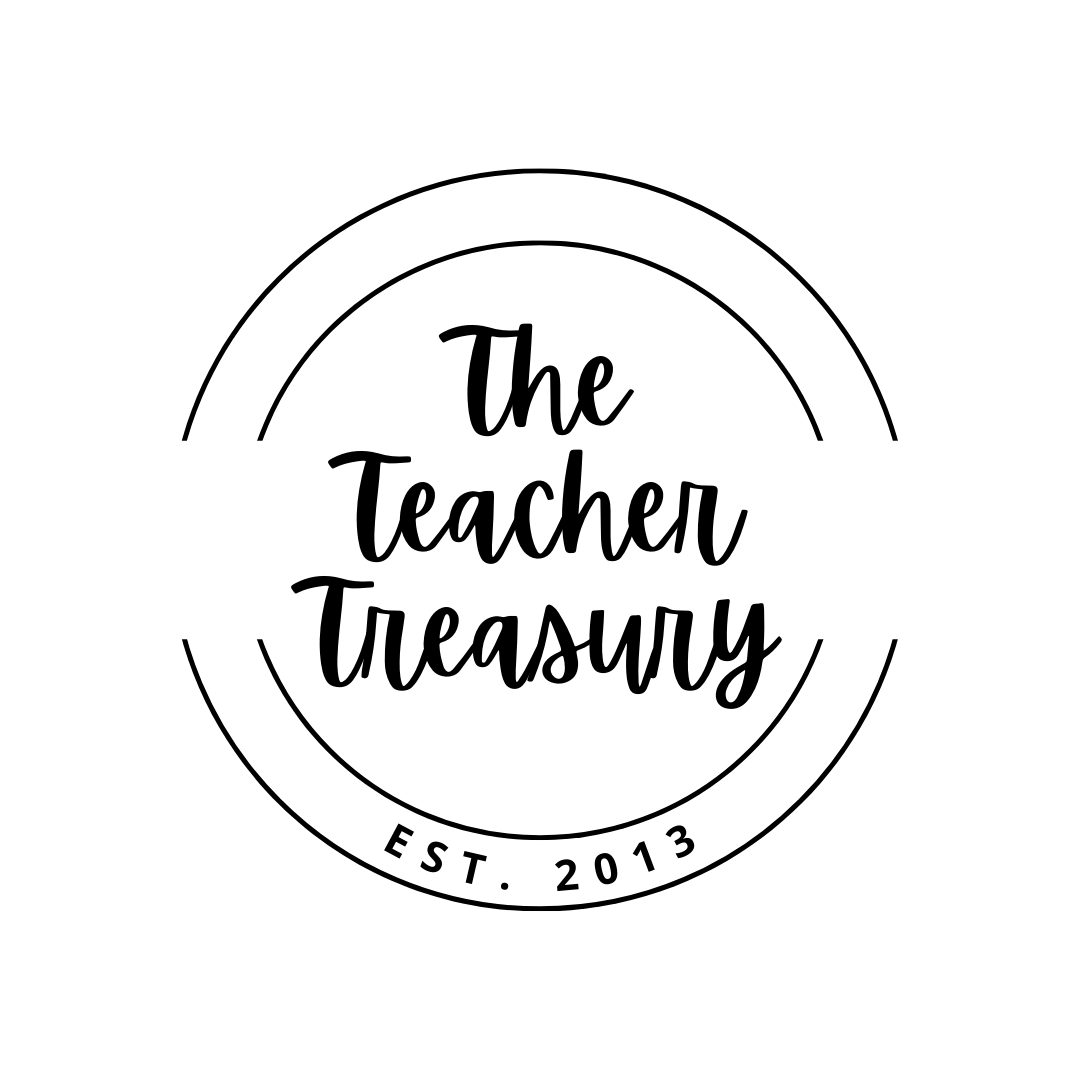
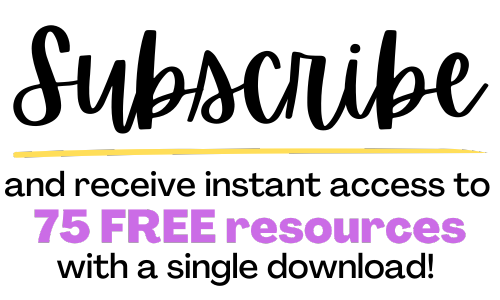

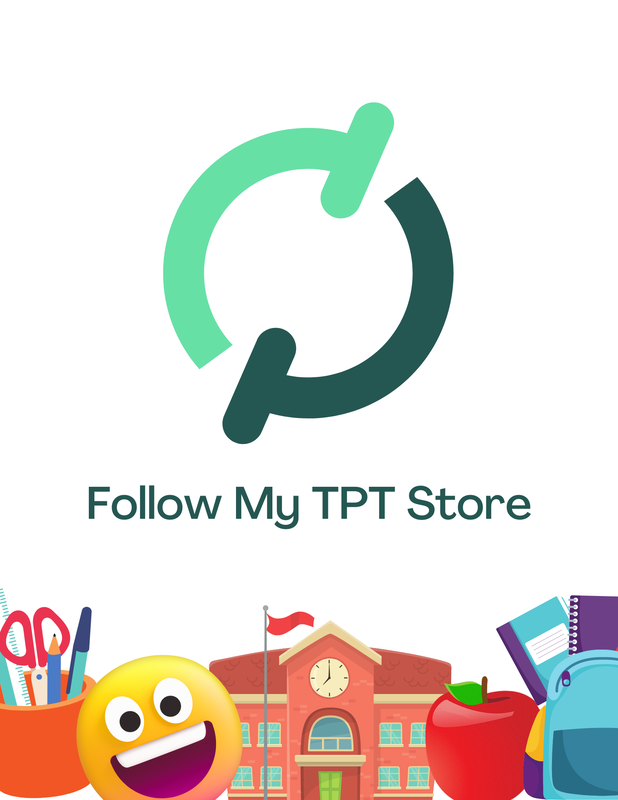


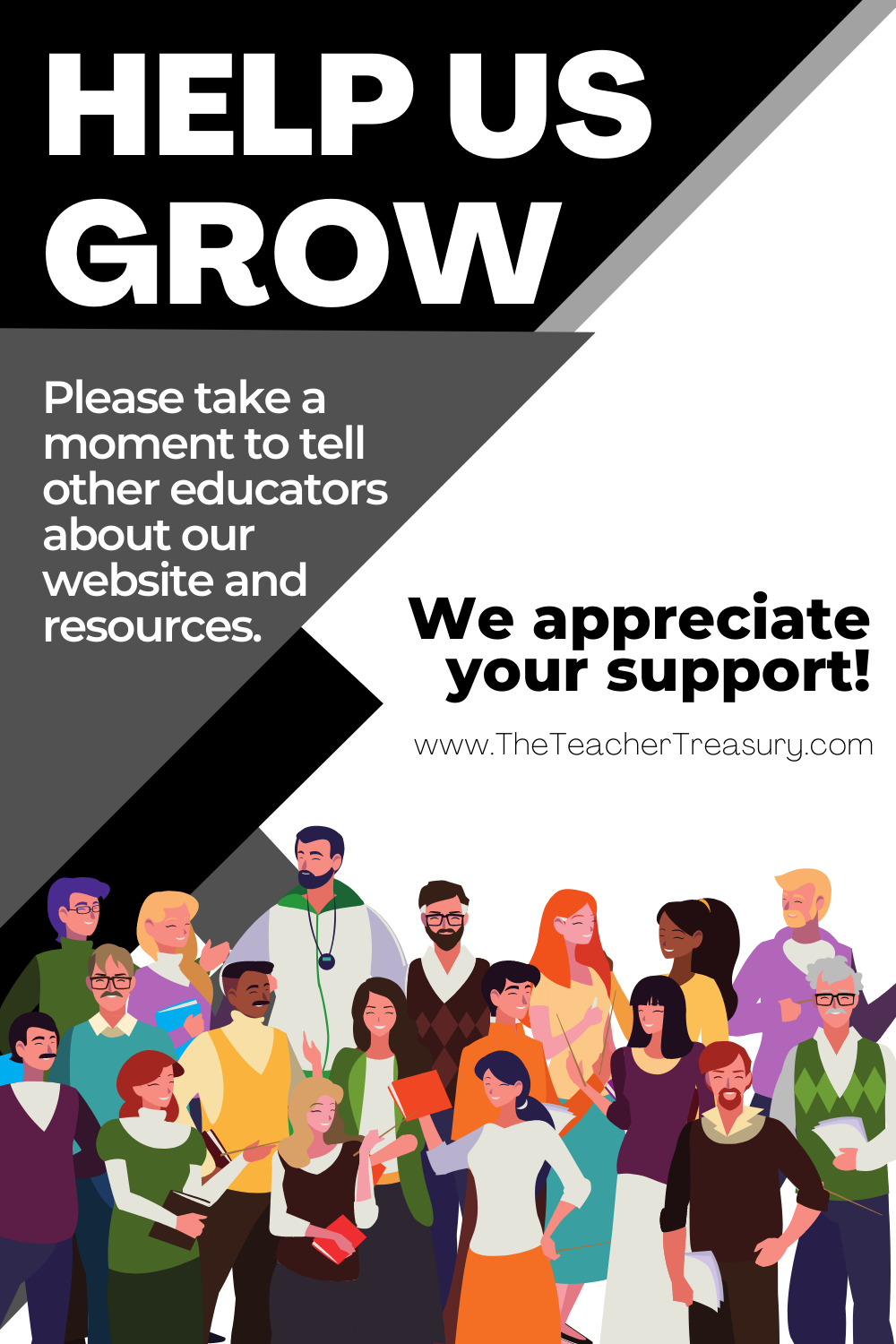
 RSS Feed
RSS Feed